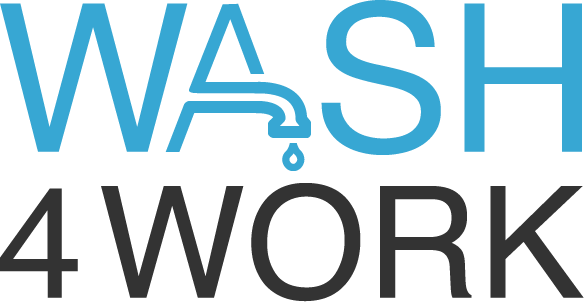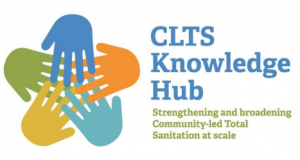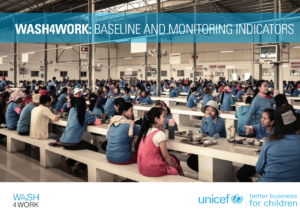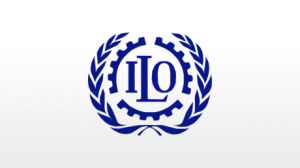Primary Functions
- Learn how to meet Sustainable Development Goals 6 and 8
- Align with ILO strategic goals
Detailed Description
The link between health and access to safe water, sanitation and hygiene (WASH) is well documented. Since workplaces represent a major focus in the life of workers and employers, access to WASH in workplaces can contribute greatly to both occupational and general health. In an effort to advance towards both Sustainable Development Goals (SDGs) number 6, to ensure universal access to water and sanitation, and number 8, to ensure decent work and sustainable economic growth, it is crucial to propose effective solutions that improve working conditions, increase productivity and reach the most vulnerable communities. Actions towards these ambitious objectives require coordinated efforts by governments, workers and employers, at multiple levels.
The ILO promotes decent work in all economic sectors, at the country level and in global supply chains. As part of this effort, ILO’s member States and the social partners (employer and worker organizations) have adopted a broad array of international instruments to promote occupational safety and health (OSH). The ILO has also developed several training tools, among them, the Work Improvements in Small Enterprises (WISE), Work Improvements in Health Services (HealthWISE), Work Improvement in Neighbourhood Development (WIND), Work Adjustment for Recycling and Managing Waste (WARM), Work Improvement for Safe Home (WISH), and Work Improvement in Small Construction Sites (WISCON). Most of these tools highlight the importance of access to WASH in the workplace for attaining the ILO’s strategic objectives. The rural economy is a strategic priority of the ILO, for which WASH is particularly important as a means to improve working conditions. Other initiatives include research to expand knowledge of the most pertinent public policies for workers and their families in this area.
To further these objectives, the ILO Sectoral Policies and Governance and Tripartism Departments present four self-training modules, which adapt existing ILO training tools on OSH to provide governments, workers and employers with the necessary skills to implement the general principles contained in relevant ILO instruments. It is also the ILO’s main contribution to the WASH4Work initiative, launched in the UN headquarters on World Water Day 2016 in collaboration with several UN-Water members and partners. This initiative seeks to create awareness among governments, employers and workers about these issues. The modules will provide basic skills to practitioners from governments, from workers’ and employers’ organizations to implement the relevant ILO standards and Codes of Practice. This includes recognizing the importance of access to water and adequate sanitation and hygiene; how to configure workplaces to make them appropriate for workers to adequately and conveniently access WASH provisions; and supervising provisions of WASH installations and facilities. The modules also provide checklists that can help improve working conditions and productivity.





